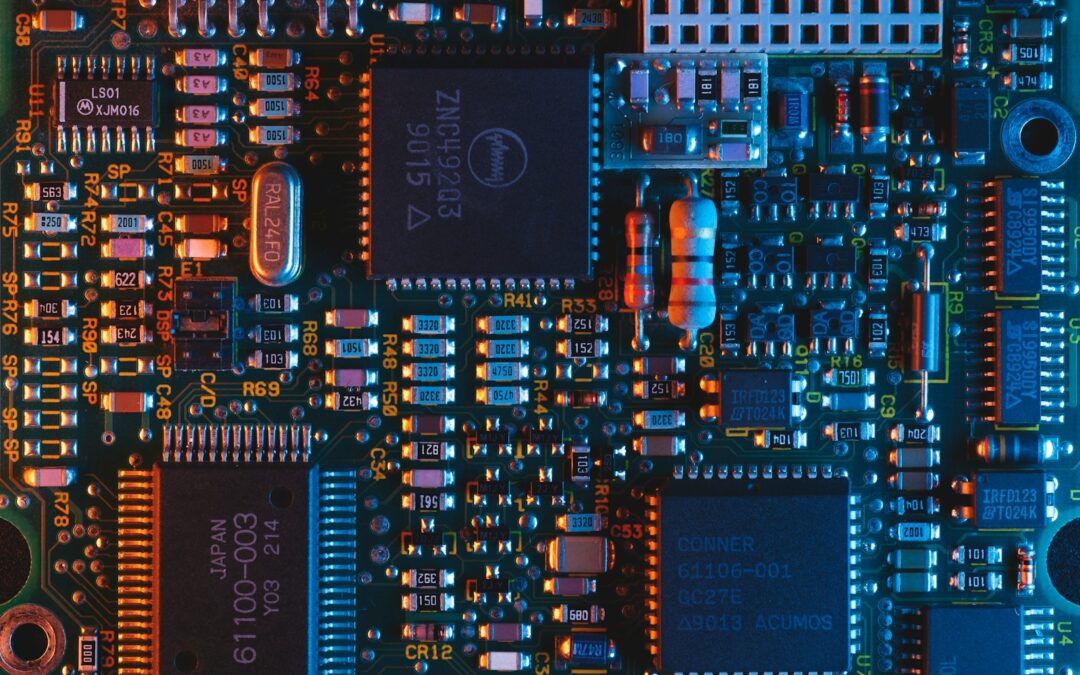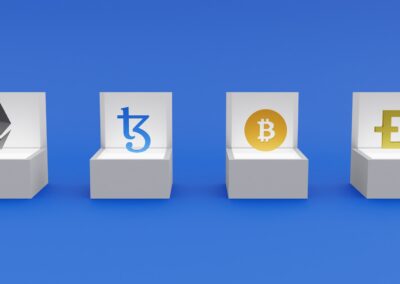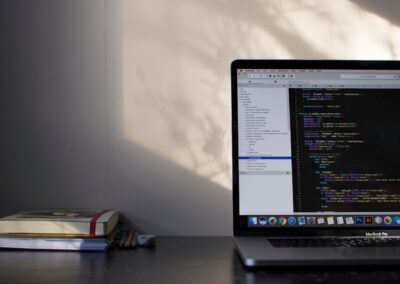Understanding the Security Challenges of Virtual Currencies and Assets
The Growing Importance of Digital Assets
The security of virtual currencies and assets has become a paramount concern in today’s digital age. With the rise of cryptocurrencies like Bitcoin and Ethereum, and the increasing use of blockchain technology, the financial landscape is rapidly evolving. This evolution is particularly significant in regions such as Saudi Arabia, the UAE, Riyadh, and Dubai, where technological advancement is a key priority. The adoption of digital assets offers numerous benefits, including faster transactions, reduced costs, and enhanced transparency. However, these advantages come with significant security challenges.
Digital assets are susceptible to various cyber threats, including hacking, phishing, and malware attacks. The decentralized nature of cryptocurrencies, while providing certain advantages, also makes them a target for cybercriminals. Unlike traditional financial systems, where banks and financial institutions have established security protocols, the world of virtual currencies often lacks standardized security measures. This gap creates vulnerabilities that can be exploited by malicious actors.
Furthermore, the anonymity associated with cryptocurrencies can be a double-edged sword. While it provides privacy for users, it also makes it difficult to trace illicit activities. This anonymity complicates efforts to prevent and investigate cybercrimes involving digital assets. As a result, ensuring the security and integrity of virtual currencies requires a multifaceted approach that combines advanced technology with robust regulatory frameworks.
Technological Solutions for Enhancing Security
To address the security challenges associated with virtual currencies and assets, innovative technological solutions are essential. Blockchain technology itself offers several security features, such as immutability and transparency, which can enhance the security of digital transactions. Each transaction is recorded on a public ledger, making it difficult for hackers to alter or manipulate data. Additionally, blockchain’s decentralized nature ensures that there is no single point of failure, reducing the risk of cyber attacks.
Artificial Intelligence (AI) and machine learning are also playing a crucial role in enhancing the security of virtual currencies. AI-powered security systems can detect and respond to cyber threats in real-time, identifying unusual patterns and behaviors that may indicate fraudulent activities. Machine learning algorithms can continuously learn from new data, improving their ability to predict and prevent future attacks. These technologies can help financial institutions and blockchain platforms stay ahead of cybercriminals.
Moreover, advanced cryptographic techniques are being developed to secure digital assets. Encryption algorithms protect data from unauthorized access, ensuring that only authorized parties can access sensitive information. Multi-signature wallets, which require multiple private keys to authorize a transaction, add an extra layer of security, making it more difficult for hackers to steal funds. By leveraging these technological advancements, the security of virtual currencies and assets can be significantly enhanced.
The Role of Regulation in Securing Digital Assets
While technological solutions are crucial, regulation also plays a vital role in ensuring the security and integrity of virtual currencies and assets. In regions like Saudi Arabia and the UAE, governments are taking proactive steps to establish regulatory frameworks that promote the safe and secure use of digital assets. These regulations aim to protect consumers, prevent financial crimes, and promote the stability of the financial system.
One of the key regulatory measures is the implementation of Know Your Customer (KYC) and Anti-Money Laundering (AML) requirements. These regulations mandate that cryptocurrency exchanges and digital asset platforms verify the identities of their users and monitor transactions for suspicious activities. By enforcing KYC and AML standards, regulators can prevent the misuse of virtual currencies for illegal purposes and enhance the transparency of digital transactions.
Additionally, governments are working to develop clear guidelines and standards for the security of digital assets. These standards include requirements for secure storage, data protection, and incident response. By establishing a regulatory framework that promotes best practices in cybersecurity, authorities can help mitigate the risks associated with virtual currencies. Collaboration between regulators, financial institutions, and technology providers is essential to create a secure and resilient ecosystem for digital assets.
Future Trends and Best Practices for Securing Virtual Currencies
Innovations in Blockchain Security
The future of blockchain security looks promising, with ongoing innovations aimed at addressing current challenges. One such innovation is the development of quantum-resistant cryptographic algorithms. As quantum computing advances, traditional encryption methods may become vulnerable. Quantum-resistant algorithms are designed to withstand attacks from quantum computers, ensuring the long-term security of digital assets.
Another emerging trend is the use of decentralized finance (DeFi) platforms, which leverage smart contracts to automate financial transactions. While DeFi platforms offer numerous benefits, they also present new security risks. Ensuring the security of smart contracts is critical to prevent vulnerabilities and exploits. Auditing and formal verification of smart contracts can help identify and address potential security issues before they are deployed on the blockchain.
Furthermore, the integration of biometrics and behavioral analytics can enhance the security of digital asset transactions. Biometric authentication, such as fingerprint or facial recognition, provides an additional layer of security by verifying the identity of the user. Behavioral analytics can detect anomalies in user behavior, such as unusual login locations or transaction patterns, and trigger security measures to prevent unauthorized access. These innovations will play a crucial role in securing the future of virtual currencies.
Best Practices for Individuals and Organizations
Individuals and organizations must adopt best practices to protect their digital assets from cyber threats. For individuals, using hardware wallets to store cryptocurrencies offline can provide an added layer of security. Regularly updating software and enabling two-factor authentication can also help protect against cyber attacks. Additionally, individuals should be cautious of phishing scams and avoid sharing private keys or sensitive information with untrusted sources.
For organizations, implementing a comprehensive cybersecurity strategy is essential. This strategy should include regular security audits, employee training, and incident response planning. Organizations should also invest in advanced security technologies, such as AI-powered threat detection and blockchain analytics, to enhance their defense against cyber threats. Collaboration with industry peers and participation in information-sharing initiatives can further strengthen an organization’s security posture.
Moreover, organizations should work closely with regulators to ensure compliance with security standards and regulations. By adhering to regulatory requirements and adopting best practices, organizations can build trust with their customers and stakeholders. This trust is essential for the widespread adoption and success of virtual currencies and digital assets.
Conclusion: Building a Secure Future for Digital Assets
The security and integrity of virtual currencies and assets are critical for their continued growth and adoption. By leveraging advanced technologies and implementing robust regulatory frameworks, regions like Saudi Arabia, the UAE, Riyadh, and Dubai can lead the way in creating a secure and resilient ecosystem for digital assets. Collaboration between governments, businesses, and technology providers is essential to address the challenges and seize the opportunities presented by virtual currencies.
As we move forward, it is crucial to stay vigilant and proactive in enhancing the security of digital assets. By adopting best practices, embracing innovations, and fostering a culture of security, we can build a future where virtual currencies and assets are safe, secure, and widely accepted. The journey towards a secure digital future is ongoing, but with the right strategies and collaboration, we can achieve a thriving and resilient digital economy.
#SecurityOfVirtualCurrencies #BlockchainSecurity #DigitalAssets #Cybersecurity #VirtualCurrencyRegulation #AIinFinance #BlockchainInBusiness #SaudiArabia #UAE #Riyadh #Dubai























